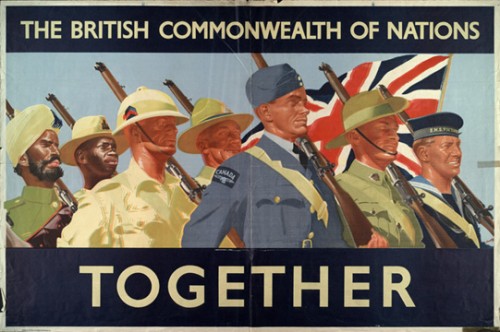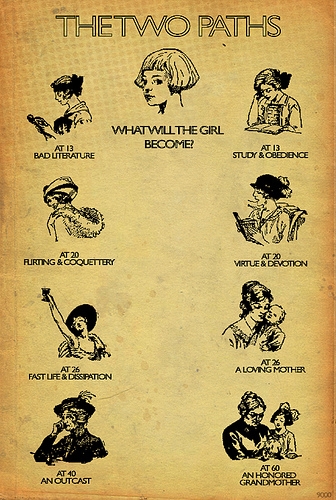Brandon H. let me know about two viral Smirnoff videos that humorously illustrate some of the differences (perceived and real) between “old money” families and the newly rich.
The old money/East Coast version:
Argyle sweaters! White pants! Pearls!
The nouveau riche West Coast version:
Massages! Spray tans! Collagen implants!
Of course, there’s other interesting stuff going on here, too–the typical “women as background dancers/accessories” theme, the lack of non-White people, the way that moisturizer and lip balm is associated with a laughable masculinity. Of course, by current popular ideals of masculinity, both of these groups of men come up lacking, and in fact, rich men are often both idolized and portrayed as intellectual but not really “manly” (which is reserved for hard-workin’ midwestern types).
Also: Joe’s Crab Shack, what does rich look like?, masculinize your sissy upper-class dogs with Alpo, women as prizes for rich men, representing the working class at Honfest, evoking class with literary references, upper-class luxury in ads, communicating class in Cadillac ads, “class is forever“, and old money is old-fashioned.



